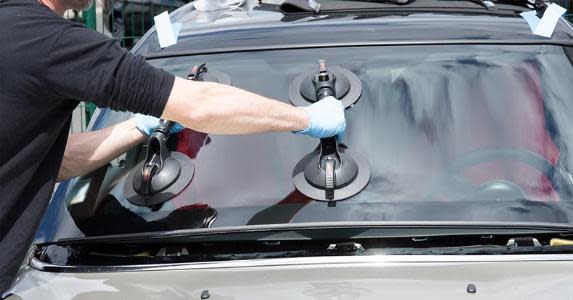Solid Car Talk When Dealing With Repairs.
If you own a car, you'll know that getting it fixed can be a pain. You have the choice of spending a lot for a to a mechanic to fix it or expend lots of time and energy doing the work yourself. There is a downside to both options. But the information in this article will help.
You absolutely need a good emergency kit inside your vehicle. This kit will include the necessary tools for successfully charging a battery, changing a tire and adding gas to your tank. Do not forget blankets and a good flashlight with some batteries.
If you hear a squealing sound when you step on your brakes, it is likely that you need new brake pads or rotors. Do not wait to have a mechanic check your brakes. There will be more damage to pay for and it is also dangerous to drive your car if your brakes are not functioning properly.
Check the transmission fluid every two to three months. Let your engine run and open the hood of your car. Use the transmission dipstick to check the fluid levels. If there is not enough fluid in your transmission you probably have a leak somewhere in your system. It is best to take the car to a mechanic so he can locate the leak.
You don't always need a mechanic when you have trouble with your car. You can easily learn to perform small repairs yourself. If you're feeling lucky, look online to figure out the problem. If the job is not too complicated, you will save money by attempting the repairs yourself.
If any parts of your car need to be replaced, make sure you ask for the (OEM) Original Equipment Manufacturer parts instead of generic parts. Keeping the exact specifications required by the manufacturer is essential in having optimum performance. Although generic parts are cheaper, spending a little more on OEM parts will make a big impact on your car's longevity.
If you notice your windshield wipers are not removing all the water from your windshield when it rain, you may need to replace the blades. This is a simple fix anyone can do. Measure the blades and purchase new ones from an auto supply store. Remove the old ones and snap the new ones in place.
Protect your car from water damage. Take the time to make sure all windows and doors are properly closed. Keep your car on higher ground if you live in an area that's easily flooded. If you have sandbags, build a wall around your car. Don't drive in areas with high water levels. Don't start your car if it's been exposed to flood waters.
Find out about all costs before hiring a mechanic. Not all shops will be upfront about their prices, so ask anyone available for this information. Know where the estimated prices come from. Some shops have the repair times established by certain manufacturers. While some things are considered minor repairs, the job may actually take all day.
If you need to fix a scratch or paint over an area, make sure you select the right color. Check the owner's manual to see if you can find a code for the color of your car or look for a sticker located under the hood or on the driver's side front door to find the color code.
Listen for any strange noises that your car may be making. These may be popping sounds, knocks, squeals, or something else. They are definitely symptoms of some sort of issue that needs auto repair. Keep a log of when you hear them, and note the type of driving you were doing when they occurred. It will help the auto shop diagnose the issue properly.
You need to keep track of all the repairs and transactions with your garage or dealership. If you decide to file a complaint, you will need to document what happened. Keeping these documents will also help you inform buyers about the repairs you did on the vehicle if you want to sell your car.
If you feel vibration when you drive or have a hard time steering the wheel, you should have a mechanic look at your car. The problem could be cause by misaligned wheels, a broken transmission or a damaged suspension. You should get the problem checked before it gets any worse.
Once you've worked on the brakes, before you take them out to test them you should bleed them. Take the time to pump brake fluid too. Look for any leaks. If your car passes these tests, you can take it on a road that has minimal traffic. Start slow in order to ensure that your repairs were successful.
It may be unpleasant to face auto repairs, but there are ways to improve the situation. Use what you've learned here to make your experience with auto repair a lot easier. You and your vehicle will be happy.

